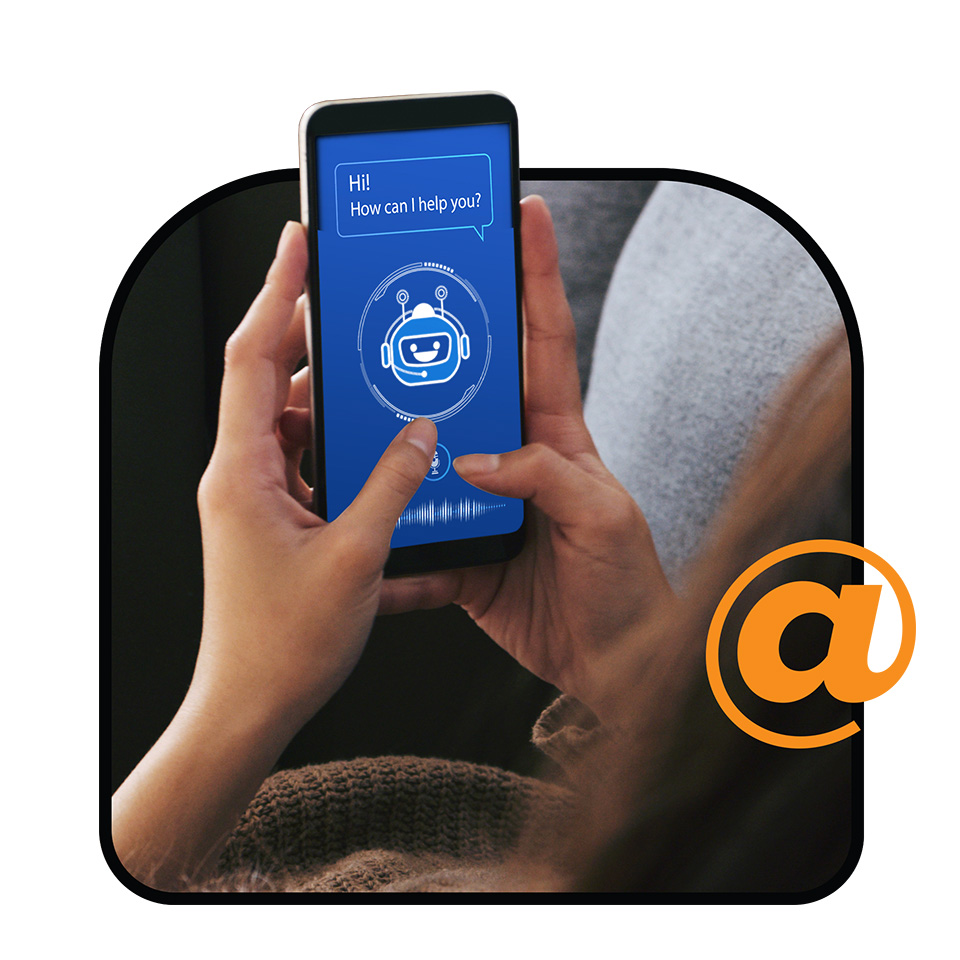
AI, short for artificial intelligence, is already affecting many aspects of our lives. Virtual assistants like Alexa and Siri, or smart devices like Amazon’s Echo and Google’s Nest, make our lives easier with the help of AI. But artificial intelligence can also be used to cause harm. One example is AI-powered bot software that can be used to spread false information.
Here are some general tips to help you to stay safe:
Generative AI
Generative AI is artificial intelligence that can create new content, such as text, images, music, and videos. It learns from large data sets and uses that “knowledge” to generate original outputs. For example, it can write a story, compose a song, or design an image based on your instructions
AI Bots
Bots are software programs that perform automated tasks on the internet. Some bots, like chatbots, can talk to users and answer questions. Others help gather information, manage social media, or assist with online shopping. Bots work behind the scenes to make online experiences faster and more efficient.
Learn what AI can do and how to spot and avoid risks below

Certain types of AI can make fake videos or images that look real (sometimes called deepfakes). These are often used to spread lies, especially during big events like elections.
Always check where surprising or strange news comes from before you believe it or share it. Verify the facts using trusted news sites or fact-checking websites.
AI can create very convincing fake emails, messages, or phone calls to trick you into giving away personal details or money. These scams may seem real, but they are made to fool you.
Be careful with any unexpected messages asking for personal information. Confirm who sent it by calling a trusted number or visiting an official website.
AI systems can make incorrect decisions if they learn from biased data. This can happen with loans, jobs, or healthcare, where AI might treat people unfairly based on race or gender.
If an AI decision seems incorrect, ask for a human to review it. Know your rights and challenge biased decisions if needed.
Virtual assistants like Siri or Alexa are handy, but they aren’t perfect. Depending on them too much can lead to mistakes or privacy issues.
Use AI assistants for simple tasks, but double-check important information on your own. It is recommended to turn off listening features when the device is not in use and know what data they are collecting.
AI can create fake health information or wrong diagnoses from bad data. This could lead to poor health decisions, like following unverified treatments, causing potential harm to yourself or a loved one you are caring for.
Always talk to a healthcare professional before following the health advice you find online. Be cautious of AI-generated health tips that seem too good or too easy to be true.

Correct, this image was AI-generated.
